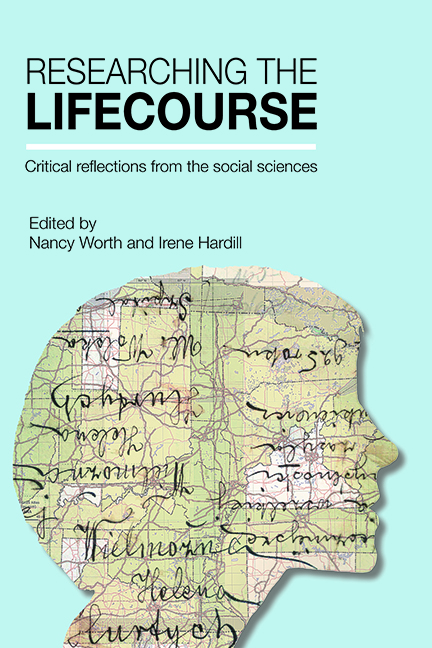six - Life geohistories: examining formative experiences and geographies
Published online by Cambridge University Press: 08 March 2022
Summary
One day I followed Stephen around school as he rushed to get his teachers to sign a permission form for a field trip to a nearby college. As we hustled from classroom to classroom, he started to narrate his actions:
‘I need to stop by Mr Daniels and get this form signed … okay now to Mrs Travis, she’s the best, she helped me get through high school …, outside, hmm no one sits here anymore, not since freshman year, the BISA kids [arts magnet programme] took it over … oh look, [he says pointing to a wall lined with pictures of previous graduating classes] 1974 that’s my grandma, that’s how long my family’s been going here … That’s why we fought so hard keeping Benson High open … okay around this corner, no not that way, I never go down that hall … now to Mrs Norrell’s room, it used to be Mrs Redmond’s room but she left us, it was really sad …’ (Stephen)
As he recalled his high school experiences through the different places, spaces and objects around him and, as his actions shifted in relation to the geography around him, I realised that my current methods of gathering young peoples’ life histories were missing these embodied experiences of place. I was capturing participants’ key experiences in everyday places but not how their everyday places ‘took on significance’ and drove their beliefs and actions. I needed to rethink how to capture participants’ formative experiences as well as their formative geographies. As a result, I started to explore methodologies that would enable me to move from collecting life histories to exploring life geohistories. By focusing on life geohistories, I shift attention to how place and space exert influence over the lifecourse. The affordances and constraints people encounter in and through their daily life spaces can impact their ability to find employment and pursue careers, marry and sustain families, and access the resources and opportunities that support their development through different life stages and transitions. Changes in life direction, status or identity such as leaving home, becoming a parent, going back to school or retiring are often constituted in and through new life spaces, and entail negotiating the social and spatial circumstance of shifting daily geographies.
- Type
- Chapter
- Information
- Researching the LifecourseCritical Reflections from the Social Sciences, pp. 101 - 122Publisher: Bristol University PressPrint publication year: 2015

